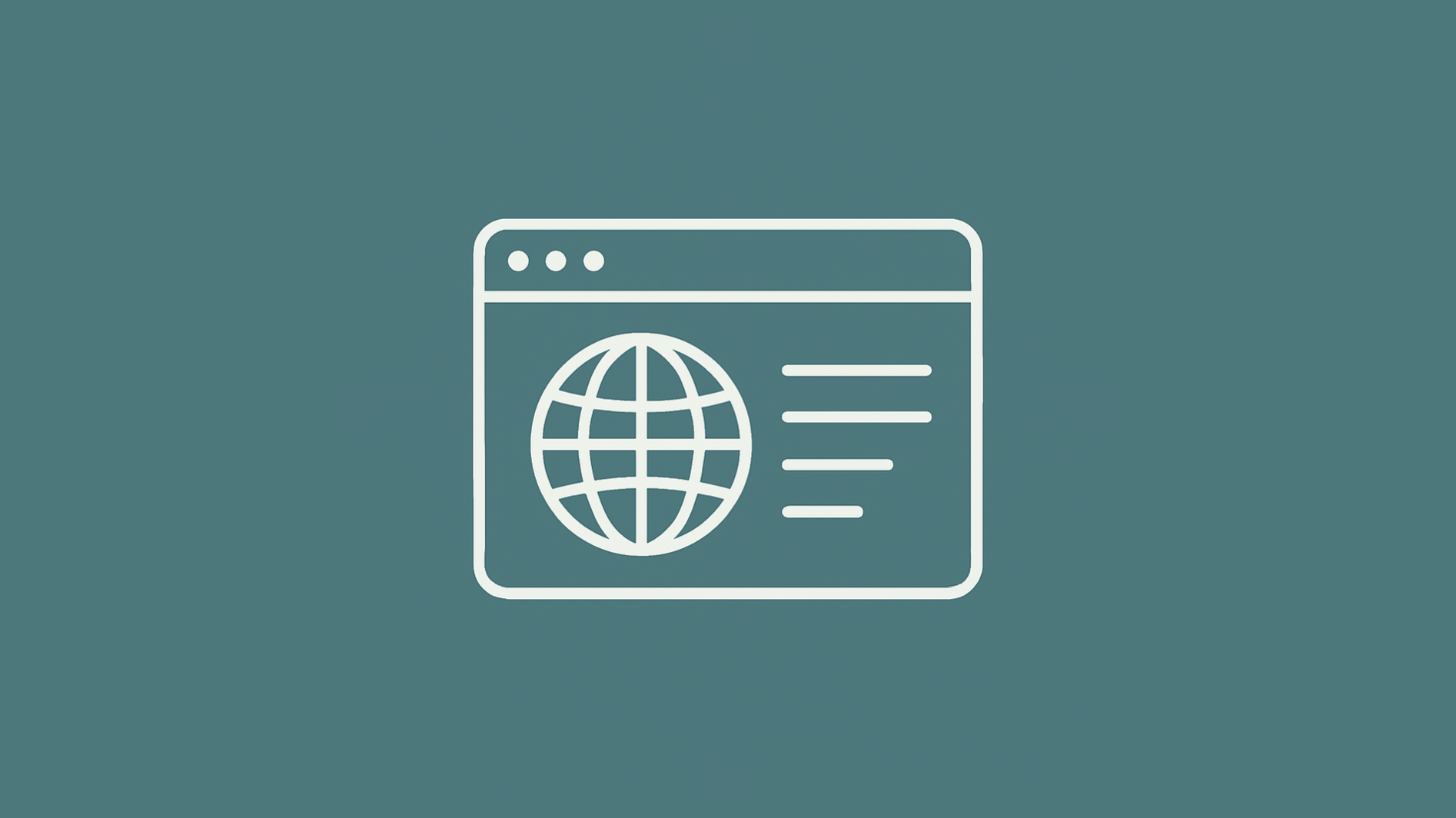Podcast
In this episode, I discuss science-supported protocols to optimize your depth and rate of learning of material and skills. I explain the neurobiology of learning and neuroplasticity and how correctly timed, self-directed test-taking can be leveraged to improve learning and prevent forgetting. I discuss the study habits of the most successful learners, ways to limit distractions, how to set study goals, and how tests can be used as tools to learn, not just as a means for evaluating one’s mastery of learned material. A surprising aspect of tests, specifically self-testing soon after exposure to new material, is that they can significantly improve your ability to learn, apply, and maintain new knowledge. I also discuss tools to improve focus and alertness while studying. By the end of...
Show More0 likes
ChatGPT notes on this Podcast
Summary: The podcast episode titled "Optimal Protocols for Studying & Learning" focuses on evidence-based methods to enhance the effectiveness of learning and retention. It emphasizes the neurobiology behind learning, particularly the role of neuroplasticity, and highlights how self-directed testing can improve knowledge retention. The host shares strategies adopted by successful learners, discusses ways to limit distractions, and advocates for using tests not just as assessments but as tools to facilitate deeper understanding and long-term memory.
Neuroplasticity refers to the brain's ability to reorganize itself by forming new neural connections throughout life, making it crucial for learning and memory. The episode underscores the importance of self-testing, which research shows can significantly enhance learning outcomes when used strategically. Additionally, effective study habits such as goal-setting and minimizing distractions are vital for optimizing study sessions, aligning with educational psychology principles that advocate for focused and engaged learning environments.
Keywords: neurobiology, neuroplasticity, self-directed testing, study techniques, knowledge retention
Comments
MORE RESOURCES FROM SOURCE
More from Resources from Summit Global Education open.spotify.com
.png?locale=en)







No comments yet. Be the first to comment!